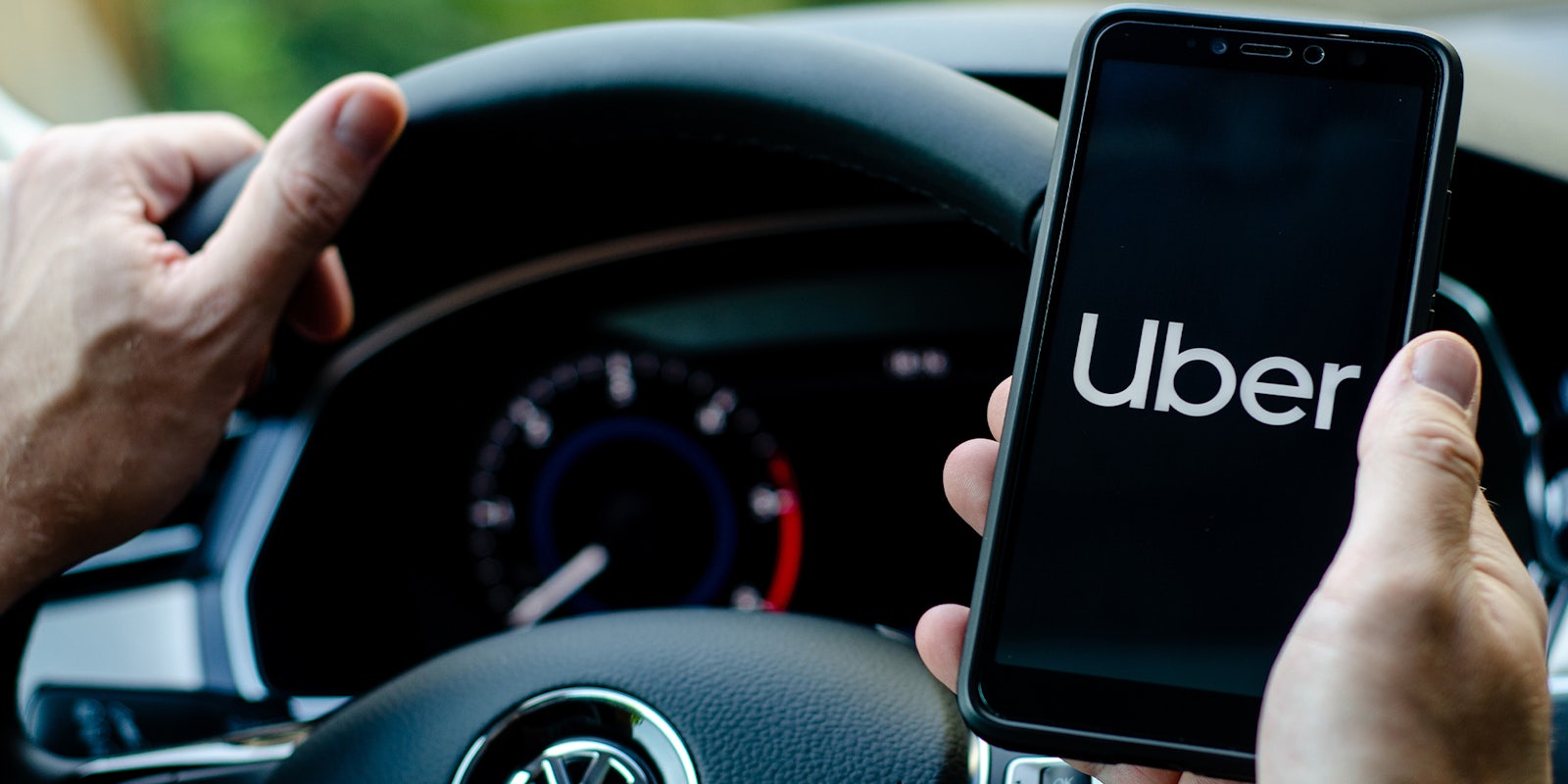Pricing for Ubers has always been opaque. When the app first launched, fares seemed unreasonably cheap, as the company undercut competitors to take over the market.
And while they’ve always fluctuated depending on the time of day, length of trip, and demand, most rides could be expected to cost around $1-2 per mile.
But that fare structure may be over, as recent statements by the ride-hailing company hint that fares will continue to increase.
How much does Uber cost per mile?
Even in the cheapest areas, fares now cost $2 per mile or more.
In El Paso, Texas trips averaged $2.10 per mile in 2023 dollars, making it the most affordable U.S. city for Uber passengers, according to research by Netcredit. Detroit took a close second at $2.11.
However, fares ran higher in larger urban centers, especially northern ones. Riders paid $2.56 per mile in 2023 dollars in Los Angeles, $4.32 in New York City, and $3.25 in San Francisco.
Netcredit’s estimates didn’t account for “surge pricing,” which multiplies fare prices in areas and times of high ride demand, like New Year’s Eve. Surge pricing drove 7.2% of fares in Denver up by as much as 200%, according to economists Alejandro Henao and Wesley E. Marshall.
Also, the estimates didn’t account for all the various other tricks Uber implements to goose profit. Some studies have found how neighborhood makeup can impact fare prices. Trips to and from low-income, non-white neighborhoods cost more and took longer in Chicago, George Washington University researchers found. Surge pricing also impacted riders in those neighborhoods more.
Uber’s algorithm also reportedly gouged higher-income brackets as well. Findings from a Journal of Law and Economics article found that people who booked stays at pricier hotel rooms paid more for similar Uber trips to and from airports than those booked in cheaper, nearby rooms in New York, San Francisco, and Los Angeles.
But unfortunately for riders, the data used to calculate this isn’t readily available, meaning you may never know exactly how much Uber rides cost per mile.
Does Uber turn a profit?
For all the company’s efforts, it has yet to make money despite its notoriously shrewd, nuanced, and arguably cynical algorithmic pricing methods. It has run at a financial loss for years. As of Nov. 2023, Uber held $9.3 billion in debt.
Early on, Uber focused on spreading brand awareness, garnering popularity, and crowding out competition, putting profitability concerns off to deal with at a later date.
With almost no business earnings from its actual operation, Uber spent venture and investment money to keep riders happy with cheap rides and drivers happy by inflating their payouts.
The company has defined these expenditures as “incentives.”
Uber spent $900 million on incentives in the first nine months of 2021.
But the company recently announced changes to its financial priorities. Among these, it wants to reduce reliance on incentives. On a Nov. 7 earnings call, CEO Dara Khosrowshahi claimed Uber cut those expenditures by 50%, meaning fares may go up to make up the difference.
Uber’s board also wants to get the company running consistently and profitably, improve its credit rating, and get listed with the S&P 500.
These aren’t things the average rider or driver would care about. These ideas align with shareholder and investor interests. Except that, the company now depends more on riders’ money than ever. As advertising makes up only a fraction of Uber’s income, other than raising fares, there remain few levers the company can pull to achieve its new financial objectives.
Uber’s in-house researchers recently stopped calculating per-mile and per-hour price estimates after economists alleged their work, cited in congressional statements, contained misleading presumptions.
Economist John Hall, one of several who writes academic work for Uber, has since elected to get “away from the specifics of Uber’s taxi-like pricing of trips,” in a recent draft of an upcoming paper.
Hall purports to replace “micro-details with market-level supply and demand curves that can be thought of as capturing population preferences.”
Uber users, Hall wrote, don’t benefit from rate hikes for drivers, abandoning specifics about Uber fees and payouts. But in contrast to how Hall has tried to redefine “population preferences” and interests, social scientists have continued to analyze specific pricing data points.
Presumably, Uber drivers and riders share that interest, given that it’s their work and money on which the app depends.



